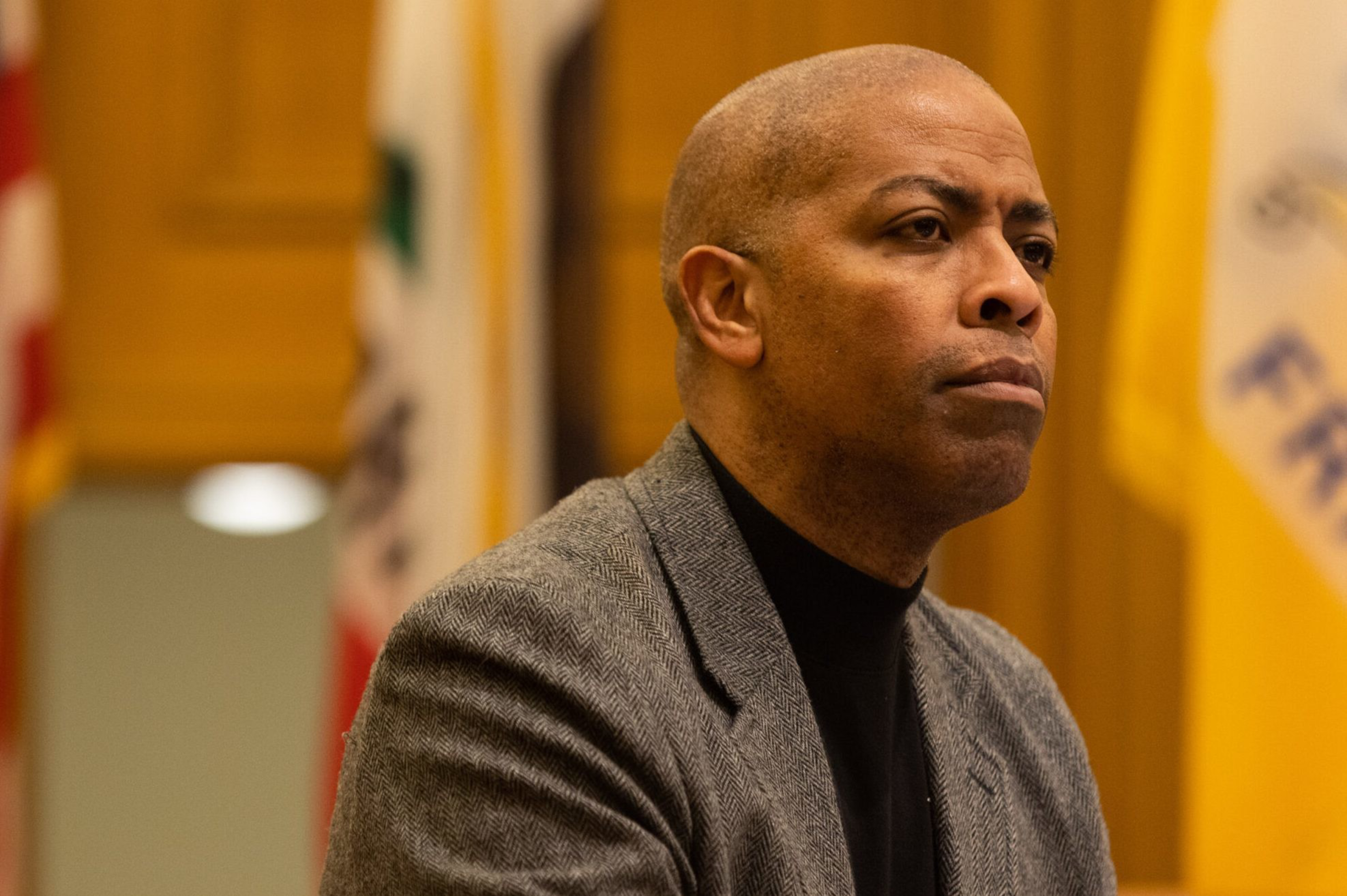Disgruntled investigators say leadership at San Francisco’s police watchdog agency is as hostile and cutthroat as characters from a certain hit HBO series, according to an anonymous survey obtained by The Standard.
“If this department was ‘Game of Thrones,’ they would be Littlefinger,” said one investigator of two leaders of the Department of Police Accountability, referencing a particularly manipulative and self-serving character in the show. Investigators also accused managers of being “petty” and “maniacal” and alleged that one chief attorney is biased against police.
Nine of the 13 investigators say the department is a hostile work environment, according to the survey.
Managers at the DPA contend that the most outrageous allegations come from a group of workers who are upset at leaders who face the difficult task of balancing budget cuts and staff morale.

“I take all union communications seriously and want to ensure that DPA remains a vibrant and healthy workplace for the hardworking public servants responsible for accountability and reform,” said executive director Paul Henderson. He said he’s sympathetic to how recent personnel changes and budget cuts have affected the staff and plans to address concerns in an all-hands meeting this week.
The department’s union, SEIU 1021, conducted the survey in order to better understand members’ opinions of DPA leadership, which is tasked with investigating allegations of police misconduct, said union representative Michelle Wright.
The revelation comes at a critical political and financial time for the agency. It has seen its limited resources stretched thin and been attacked by Mayor London Breed in what appeared to be an attempt to garner an endorsement from the police union. The union could potentially use the turmoil at the DPA to press home its claims of unfair treatment.
The survey paints a picture of a toxic workplace at the DPA, which has 42 staffers. Employees accused managers of stalling investigations, micromanaging and expressing bias toward the police officers they scrutinize. Much of the ire was directed at two senior employees: Nicole Armstrong, the operations manager who oversees everything from the budget to the payroll, and chief attorney Diana Rosenstein, who oversees most of the agency’s investigative efforts.

One investigator claimed that Armstrong does not tolerate being questioned, is unapproachable and “actively seeks out issues or reasons to get people disciplined.”
Another said Rosenstein is responsible for creating a “toxic” and “hostile” environment in which staff are scared to speak out about how to improve the workplace for fear of retaliation.
Several respondents said Rosenstein has stripped investigators of their autonomy by micromanaging cases and demanding unnecessary tasks, which slows the investigative process.
The most explosive allegations, made by six investigators in the survey, were aimed at Rosenstein’s alleged bias toward police.
“I question the fairness and impartiality of the managing attorney.”
Anonymous investigator
“I question the fairness and impartiality of the managing attorney,” one investigator wrote, adding that Rosenstein had allegedly changed “findings in cases to suit her own opinions and ignored evidence.”
Ten investigators said their immediate bosses are unbiased. But when it came to Rosenstein, eight said she was not impartial when evaluating SFPD cases.
A request to the union for specific examples of bias was declined.
Two investigators, who spoke to The Standard on the condition of anonymity because they are not authorized to speak on the record, disagreed with the assessment made by many of their colleagues.
“I have never felt attacked or retaliated against,” said one. “I’ve felt very supported here.”

Five other staffers who didn’t take part in the survey told The Standard they disagree with the allegations made against Armstrong and Rosenstein.
Rosenstein, who has worked for the City Attorney’s Office and the public defender, denied any allegations of bias, saying she is committed to making sure the “DPA continues its commitment to … conduct fair and impartial investigations.”
She told The Standard she takes the concerns seriously and is “committed to ensuring that DPA remains a vibrant and healthy workplace for all the hardworking staff responsible for meeting DPA’s mission of accountability and reform.”
Armstrong acknowledged that recent budget cuts and staffing changes have been frustrating.
“These changes can be disruptive and likely exacerbate low morale, but rather than interpreting the comments in the anonymous survey as a personal attack, I am committed to addressing legitimate concerns expressed by our staff,” she said.
Henderson also came under criticism in the survey: While investigators did not directly blame the executive director for the department’s troubles, they claimed he had little direct contact with staff and has allowed his underlings to run the agency with impunity.
“I am not confident the ED knows how poorly the morale is at the DPA,” said one respondent.
This article has been changed to clarify the nature of budget constraints impacting the department’s resources.
